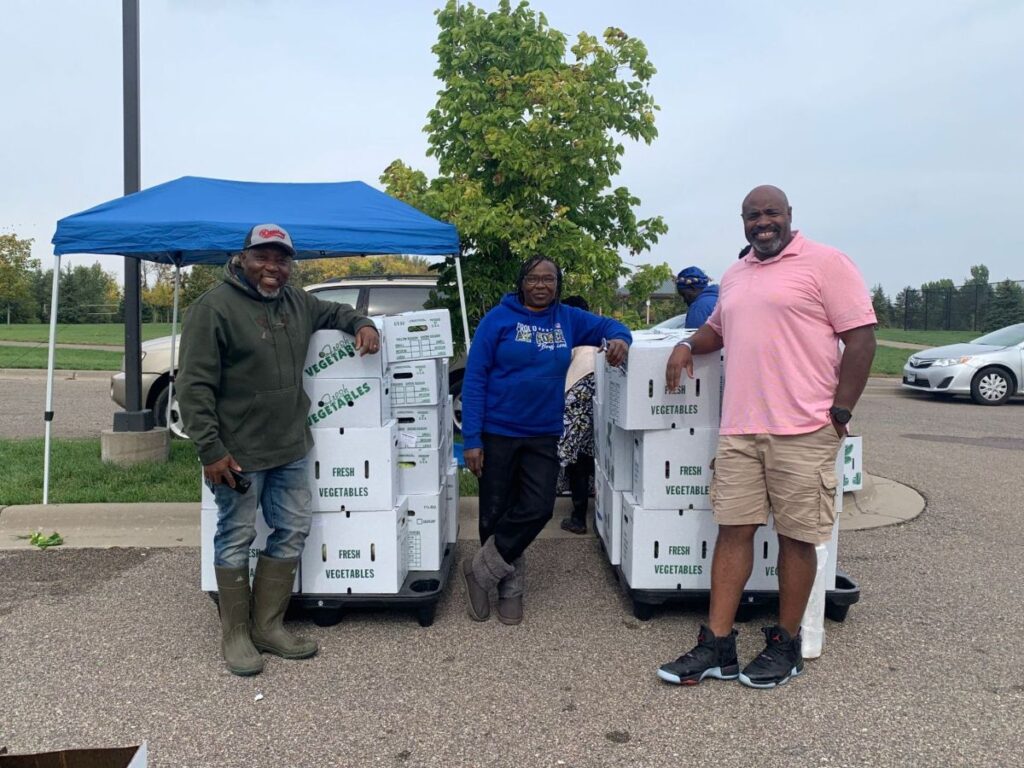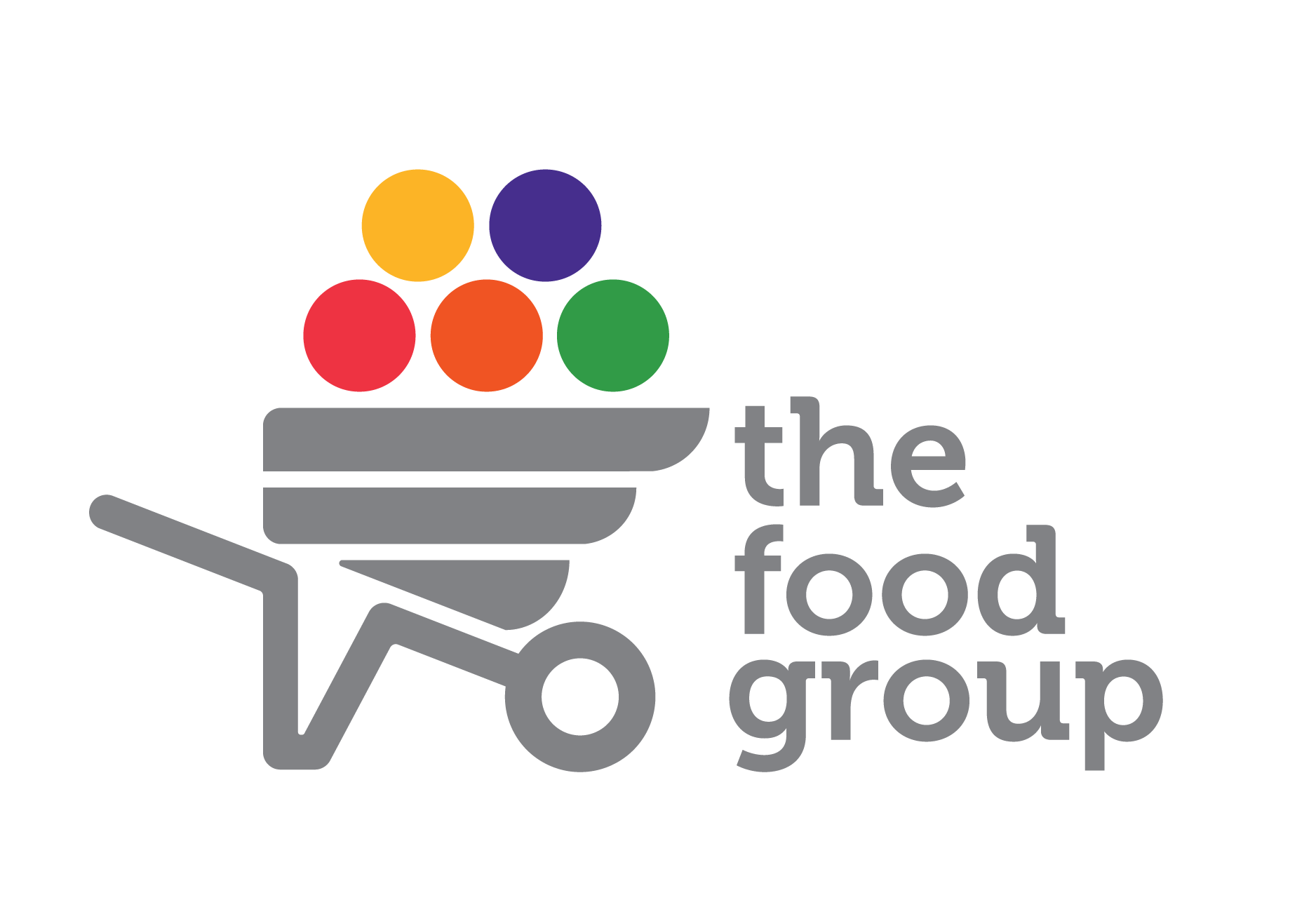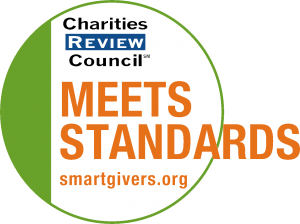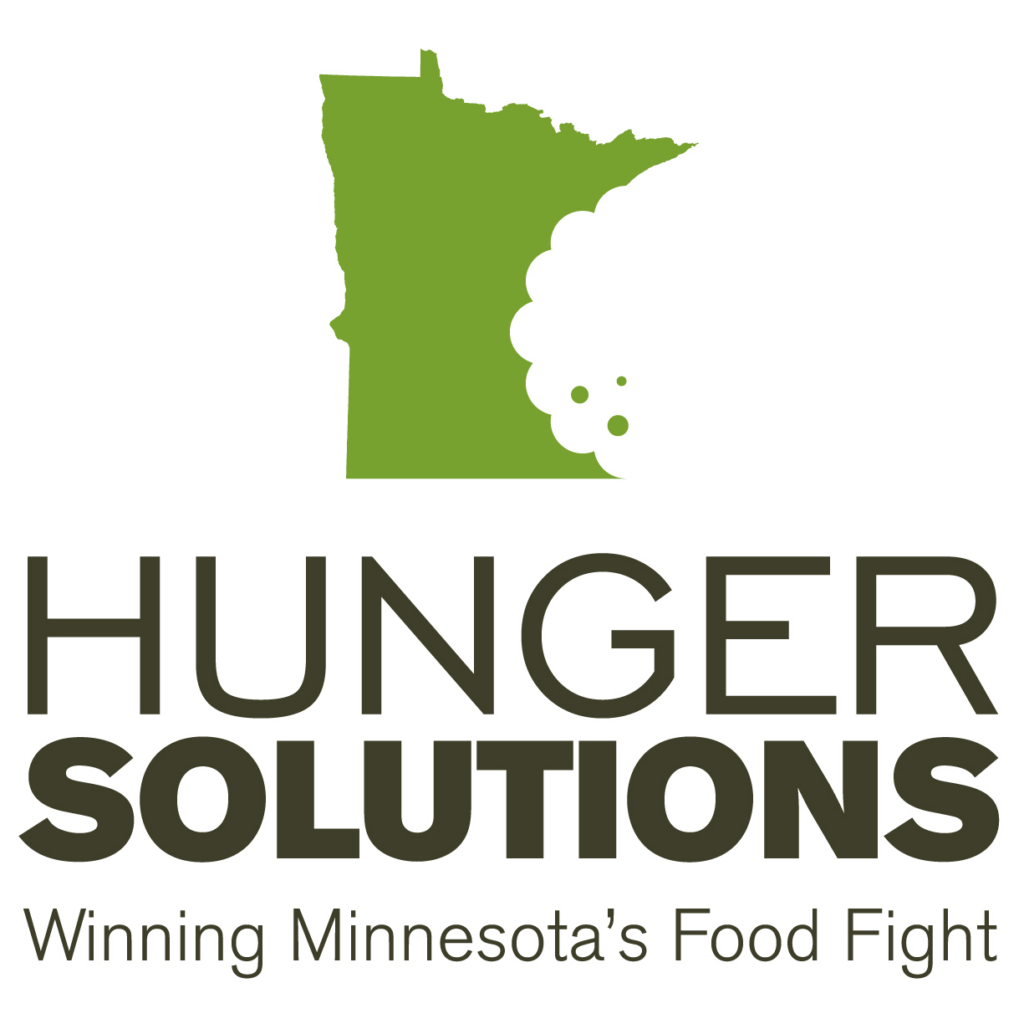Marcus Carpenter is helping BIPOC emerging farmers grow their businesses and increase food access in underserved communities.

We partner with Route 1, a resource hub for emerging BIPOC farmers based out of Hamel. It’s an impactful, symbiotic relationship that gives local farmers the opportunity to offer their produce through our online market for community food shelf partners.
The organization got its name from the road that cuts through founder Marcus Carpenter’s great-grandfather’s farm in Arkansas. Founded in October 2022, Marcus started Route 1 to help solve food insecurity within BIPOC communities in Minnesota and support the development of BIPOC-owned businesses in the farming and agricultural industries.
“We help them grow great food, and then we also support the communities in which they deliver that food to,” Marcus tells us.
Farm culture is in Marcus’ blood. His great-grandfather bought his first parcel of land in Arkansas back in 1914, and at the time of his death in 1936 his was one of the largest Black-owned family farms in the region — a place Marcus would later visit while growing up.
“I spent time as a young person really understanding and learning the farming values in terms of hard work, persistence, and integrity, and all those things that you get from being a farm kid.”
Marcus spent the first two decades of his career in corporate America. He worked in sales for a big tobacco company, in the technology industry, and in consumer packaged goods. He even worked for the NBA! But in 2020, when Marcus was working for Jostens outside of Minneapolis, the reality of what the COVID-19 pandemic and the aftermath of George Floyd’s murder had done to the community’s local food systems hit him hard.
“Communities of color were exponentially affected,” he says. “So many different logistical nightmares … but the one that was exceptionally bad was food delivery. And not only food delivery, but healthy food delivery, sustainable food delivery, fresh food delivery. The food deserts that were within the Twin Cities were just dramatically exacerbated by what was going on. I knew I had to do something different to help to solve this challenge.”
When starting Route 1, Marcus knew he wanted to focus on BIPOC farmers by providing them the land they needed to effectively run and manage a business — and, in doing so, also provide healthier foods for BIPOC communities. He began with 16 acres of land in Medina.
“If you look at farmland and how it’s been dispersed in the history of access to land in our country, it’s dramatically tied up in racist institutions,” Marcus says. “Emerging farmers as a whole face a ton of challenges, but specifically Black, brown and Indigenous farmers are exponentially affected by lack of resources. We help them grow great food.”
In their first year of operation alone, Route 1 supported 31 area farm families, 70 percent of whom are immigrants from Western Africa. These farmers grew approximately 50,000 pounds of fresh food, 90 percent of which was bought by The Food Group to help support our programs.
“The Food Group was literally the tip of all the energy and … just the fuel that made that happen,” Marcus says. “Many of these folks grew up as farmers. They had little farm plots in their yards, or maybe some of them lived in apartments and had little farm plots on their decks. But this was the first time that many of them had actual land access.”
Next year, Route 1 will expand to three farms, and Marcus aims to have anywhere from 50 to 150 farmers on board by the end of the calendar year. They’re also developing a community-supported agriculture (CSA) program and recently launched production on their new freight farm, a refurbished shipping container that allows them to grow nearly 200 pounds of fresh produce each week no matter the time of year.
“Our partnership with Route 1 has contributed to our most values-driven work to increase access to culturally relevant food, support BIPOC farmers, and connect the community with locally grown, affordable produce,” said David Peeples, director of programs at The Food Group.
You can support Route 1’s work by buying directly from their farmers markets in Hamill and South Hopkins beginning in June. Corporate partners, chefs and restaurants looking to purchase food grown by Route 1’s farmers can contact the organization by using this form.
“If we can connect the dots between corporations, foundations, community partners, food organizations, boots on the ground, media, colleges and universities, the health care system … we can really beat this thing,” Marcus says.





You must be logged in to post a comment.